

Title: 7 Types of People Who May Face Barriers to Medical Cannabis — and Why Expert Oversight Matters
Medical cannabis offers relief for many Canadians dealing with chronic pain, anxiety, or other conditions. But it’s not a one‑size‑fits‑all path. Physicians must evaluate potential risks and benefits individually. Some patient groups commonly raise red flags — though in carefully controlled circumstances and with expert supervision, benefits may still be possible.
Here are 7 groups who often face strong caution or refusal — plus one special caution group — and how professional oversight can make all the difference.
7 Groups Who Commonly Face Caution or Refusal
- People with serious respiratory disease
Smoking or vaping cannabis may worsen lung conditions (e.g. COPD, pulmonary fibrosis). In many cases, physicians opt for non‑inhaled formulations like oils or capsules. - Heavy machinery operators / safety‑sensitive workers
Cannabis can impair reaction time, judgment, coordination, and concentration. In roles like machine operation, driving, or other safety‑critical work, even legal use poses risks. - Minors / adolescents
Cannabis use before full brain maturity (mid‑20s) is associated with increased risks, such as cognitive effects and psychiatric vulnerability. In rare pediatric cases — for example, severe treatment‑resistant epilepsy — cannabis may be authorized under strict protocols. - Health professionals doing delicate procedures
Surgeons, dentists, or clinicians whose tasks demand fine motor control and rapid decision‑making should avoid cannabis use during clinical or procedural duties. - Expectant or breastfeeding mothers
THC crosses the placenta and enters breast milk. Longitudinal data suggest prenatal or early exposure may affect neurodevelopment, attention, and behaviour. - People with serious comorbidities or on interacting medications
Those with unstable cardiac, hepatic, or renal disease may experience adverse systemic effects. Cannabis also interacts with sedatives, anticonvulsants, antidepressants, and other drugs — making close monitoring essential. - Individuals with prior substance use disorders or high dependence risk
A history of misuse (cannabis, alcohol, or other substances) may increase the risk of problematic use or relapse. Clinicians often flag this group for higher scrutiny or avoid prescribing altogether.
Special Caution Group: Schizophrenia / Psychosis & Family History
While not always listed as a core exclusion, this group demands special attention:
- Frequent or high‑potency cannabis use is strongly linked to increased risk of psychotic symptoms and may worsen or precipitate issues in individuals with schizophrenia or predisposition to psychosis.
- People with personal or family history of psychotic disorders are particularly vulnerable.
- Because of these risks, many physicians decline cannabis in active or unstable psychotic cases. However, in rare, very controlled circumstances, low‑THC or CBD‑dominant formulations may be considered—only under psychiatric oversight and with rigorous monitoring.
Why Expert Oversight Is Critical
Having a risk factor does not mean “always off limits.” Some people in these higher-risk groups can still benefit from medical cannabis — but only if treatment is expert‑guided, cautious, and closely monitored.
Key safeguards include:
- Starting with low-dose THC or CBD-predominant products to minimize psychoactive or cognitive risk.
- Slow titration of dose, with frequent follow-up visits to monitor mental health, cognition, mood, and adverse effects.
- Structured monitoring for psychiatric symptoms (anxiety, hallucinations, disordered thinking) and cognitive decline.
- In many cases, co-management with psychiatrists, addiction specialists, or other relevant providers.
- Strong documentation and rationale in clinical records when prescribing cannabis despite relative contraindications.
This clinical strategy allows for personalized benefit-risk analysis rather than blanket exclusion.
FAQ
Q: Can cannabis worsen schizophrenia or cause psychosis?
Yes. Daily or near-daily use — especially of high-THC products — is associated with an increased risk of psychosis or schizophrenia, particularly in individuals with personal or family history of mental illness. Reducing or stopping use often improves outcomes in those experiencing symptoms.
Q: What roles do THC and CBD play in risk?
THC is the main psychoactive cannabinoid and is strongly linked to risks like anxiety, paranoia, and psychosis. CBD is not intoxicating and may help counter some THC effects, but it is not risk‑free and must be used thoughtfully.
Q: If someone has a family history of psychosis, can they ever use medical cannabis?
They may be at elevated risk, and many physicians will avoid prescribing cannabis in this context. In exceptional cases with very low‑THC products, co‑care with psychiatry, and close monitoring, some may be considered.
Q: How soon can symptoms show if cannabis is risky?
Psychotic symptoms or anxiety reactions can occur during or soon after use. Long-term risks (with frequent use) increase over weeks, months or years.
Q: Are risks reversible if cannabis use stops?
Many effects — like memory, concentration, and mood — improve after reducing or discontinuing cannabis.
Q: Where can patients find help or supervision?
Look for cannabis‑trained physicians, specialized medical cannabis clinics in Ontario and Canada, or multidisciplinary teams that include psychiatrists, pain specialists, and addiction services.
Previous Post
Next Post

Storing Medical Cannabis – Learn how to properly store your cannabis and keep its potency strong.
Go To Post
Before Acquiring Medical Marijuana, Here Are 2 Questions That Your Doctor Is Likely To Ask You (Plus a Bonus One!)
Go To Post
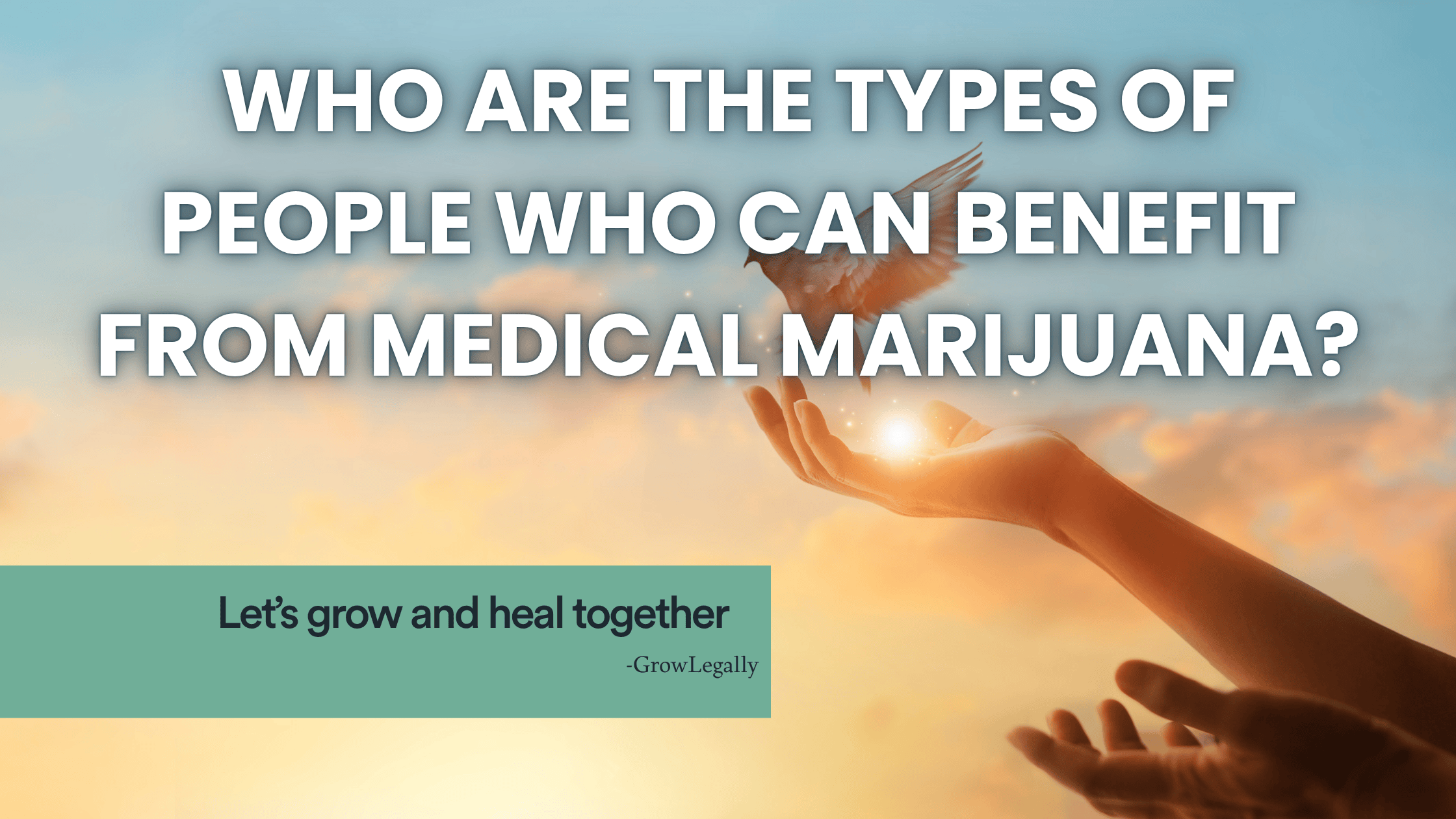


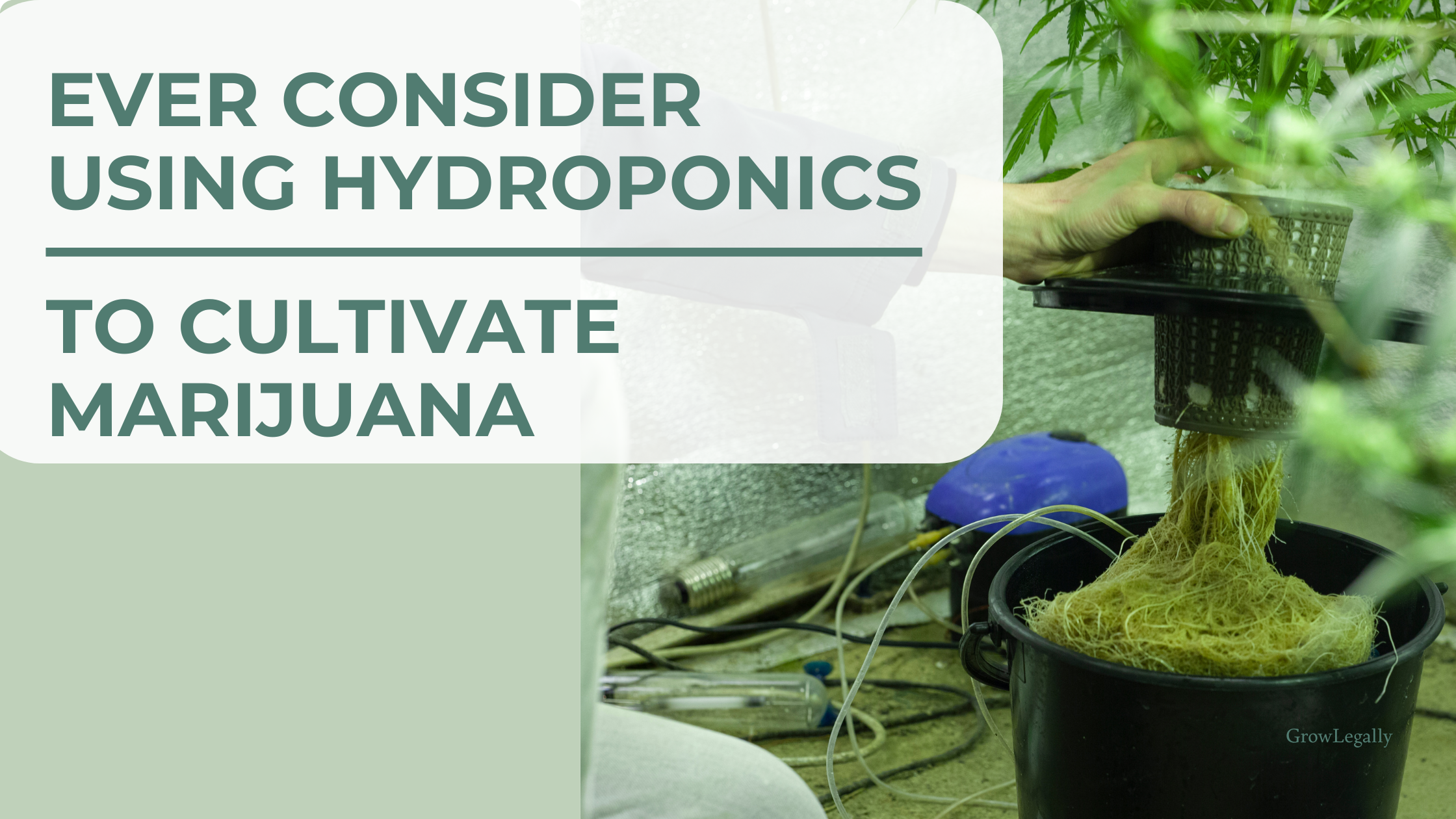
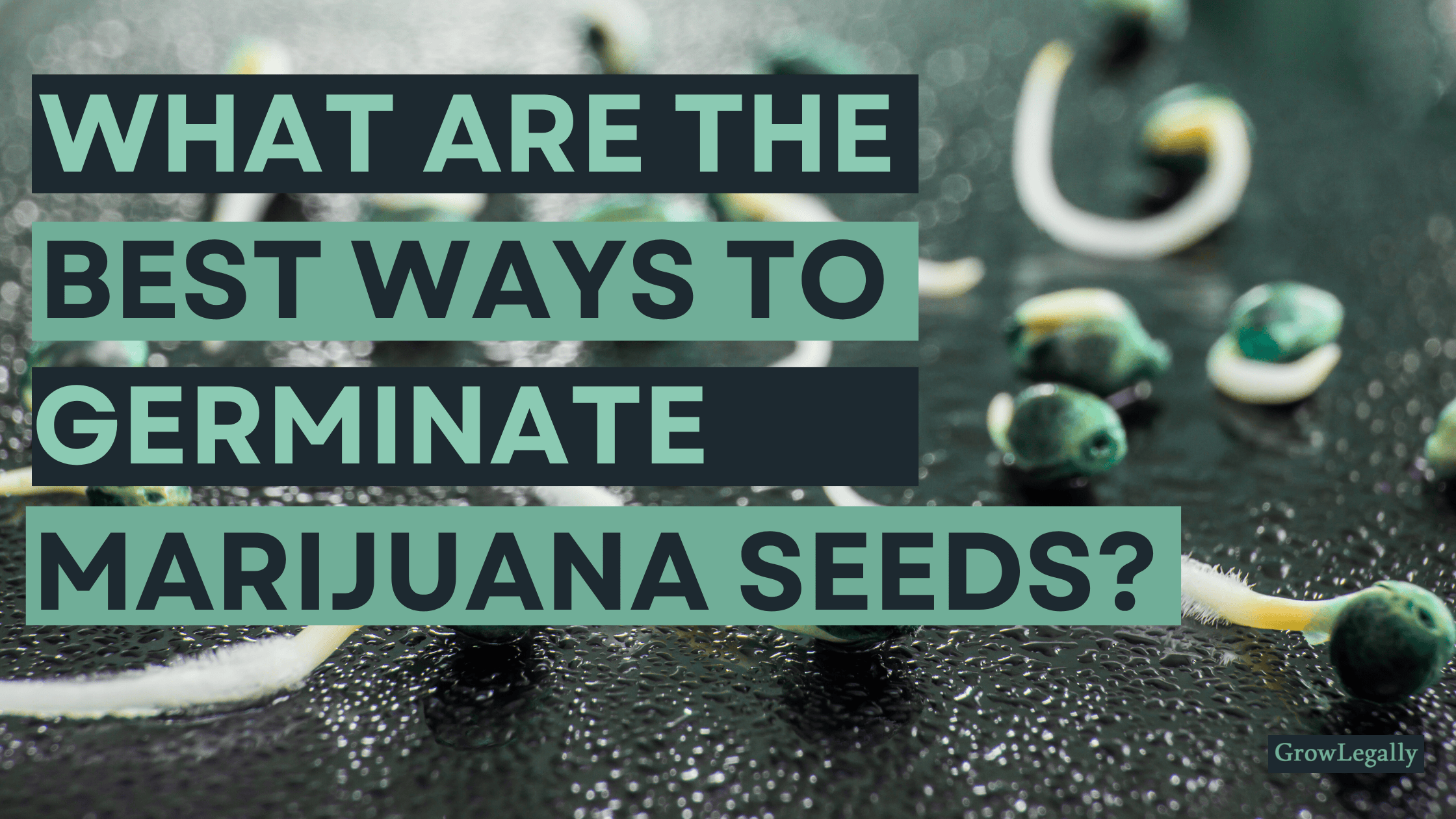
.png)
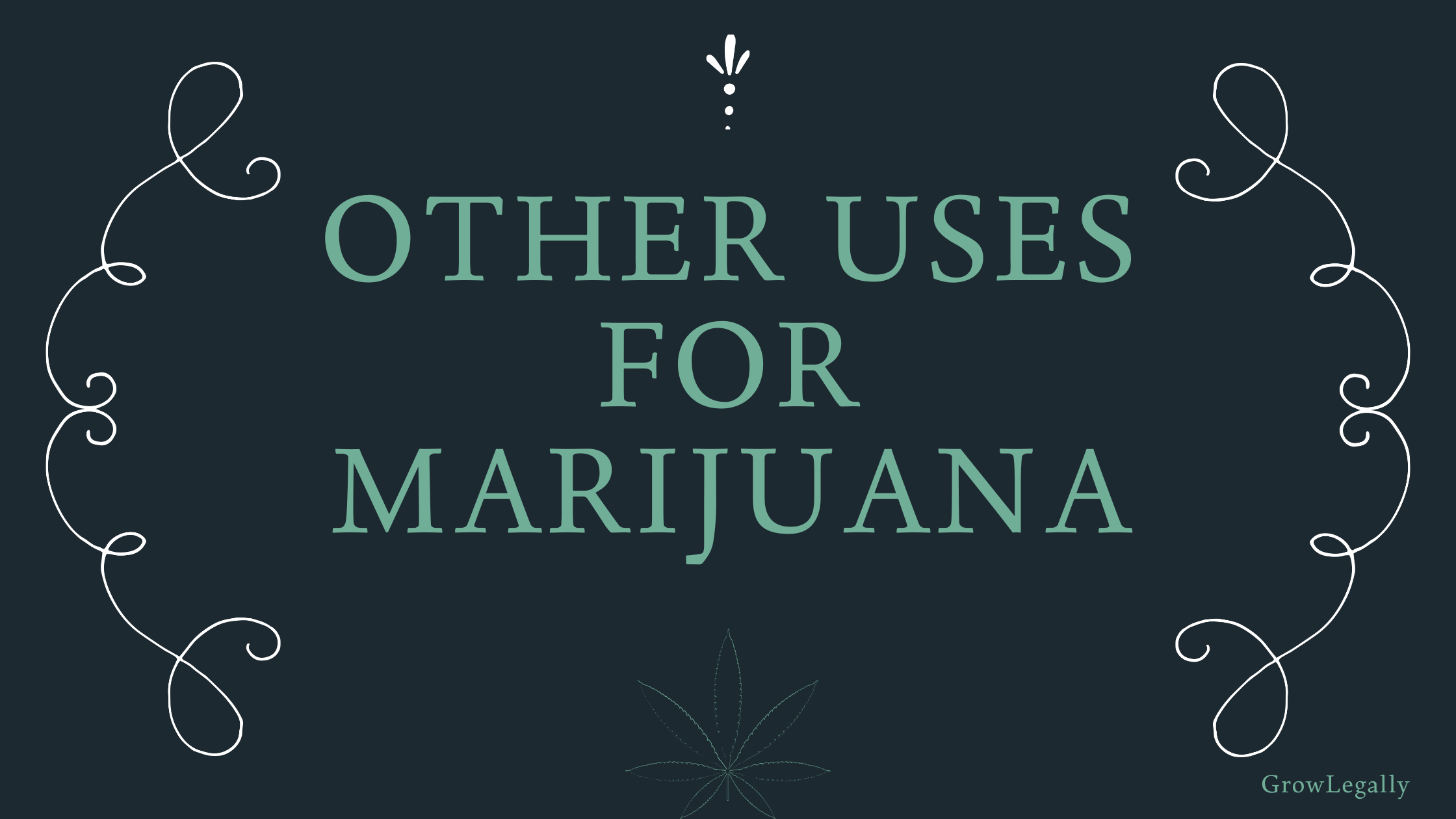
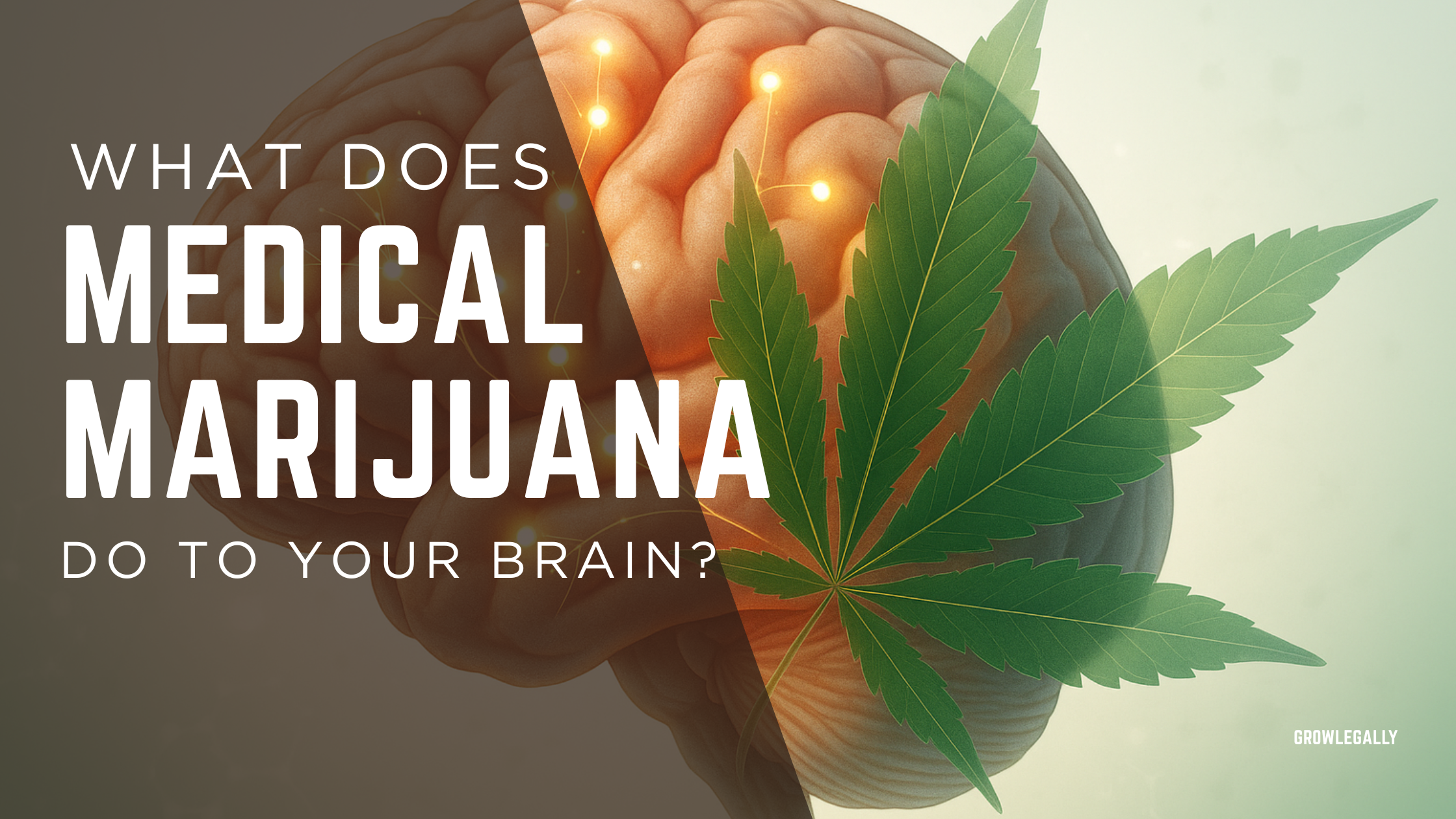
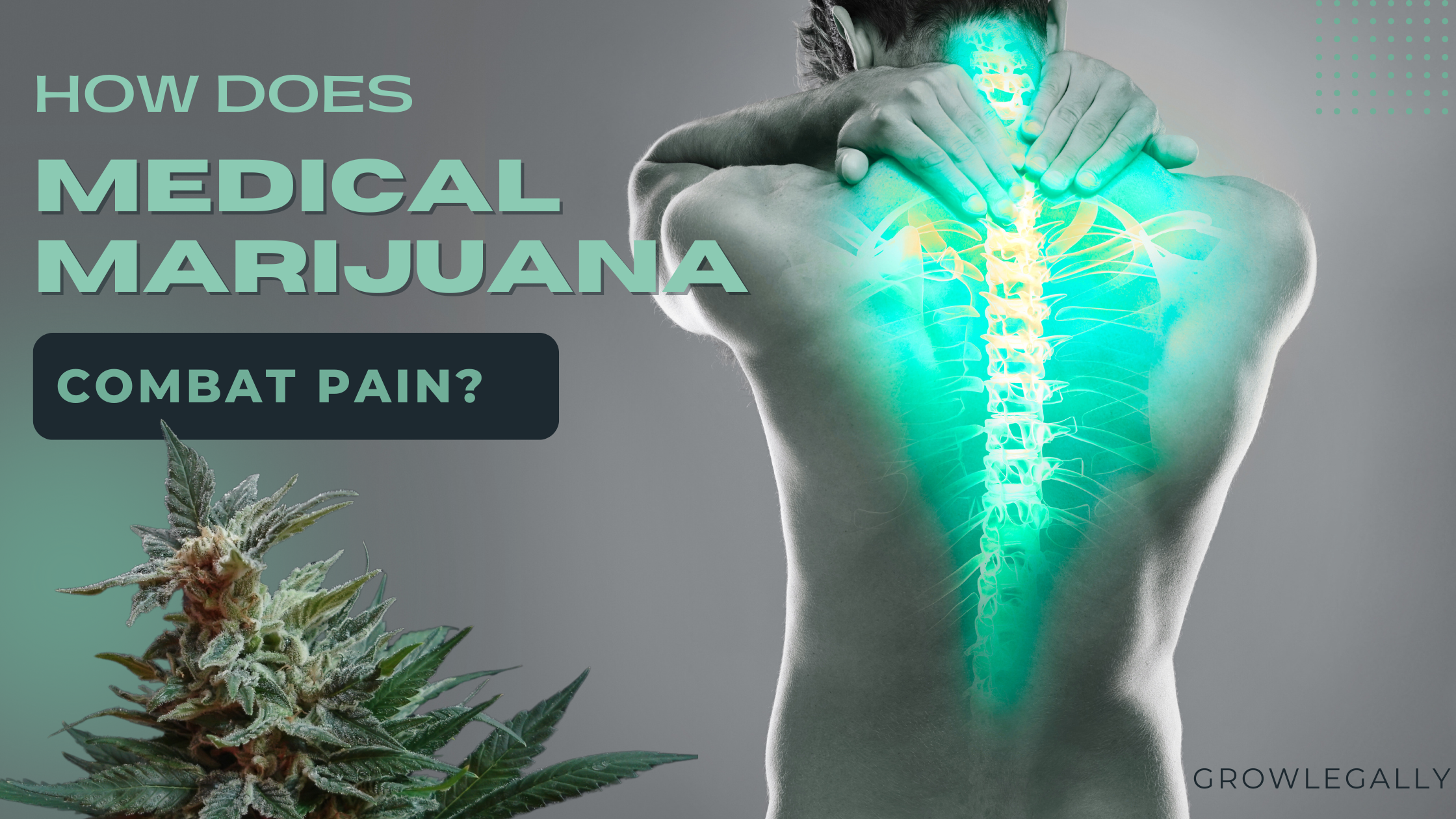
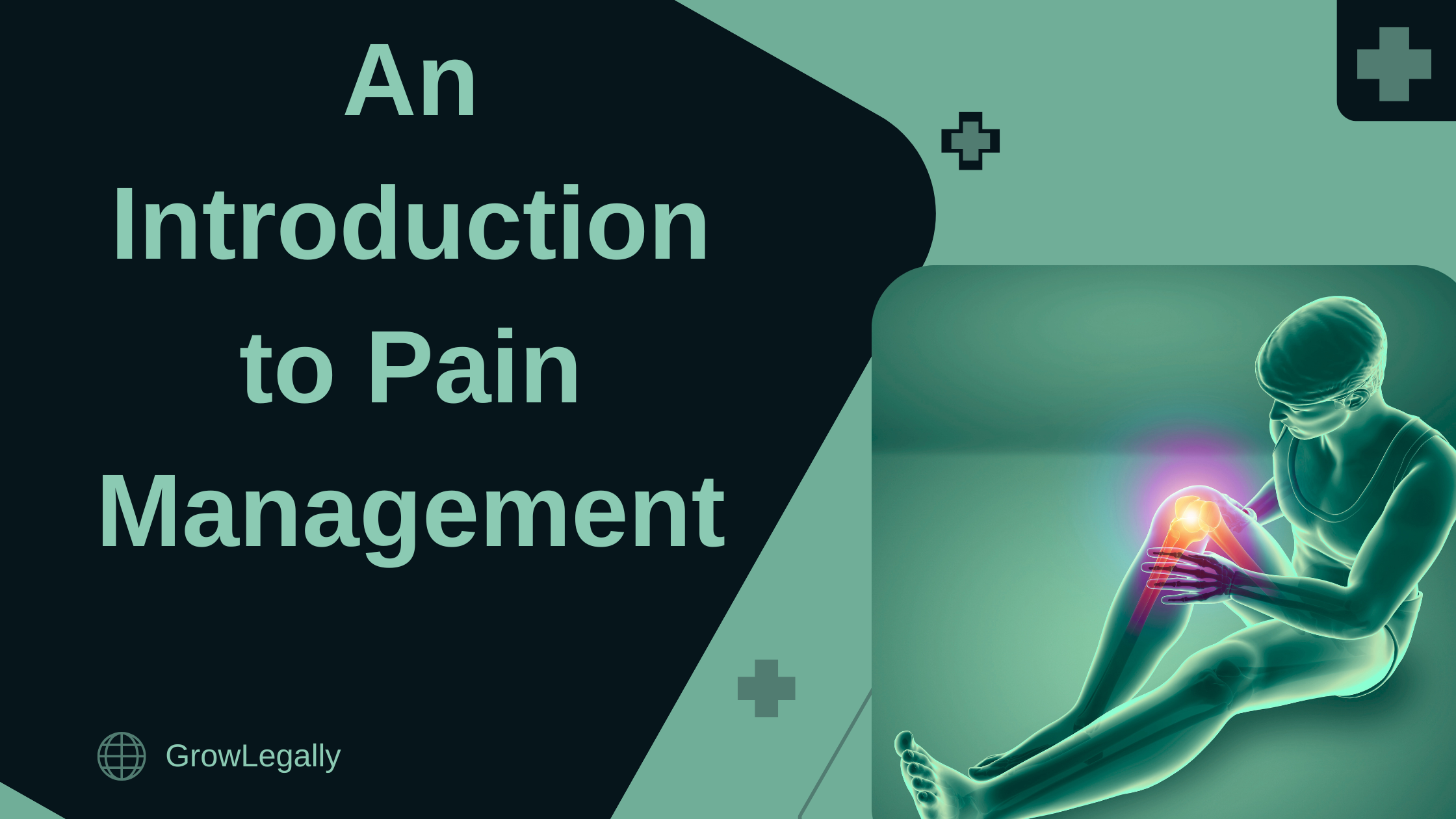
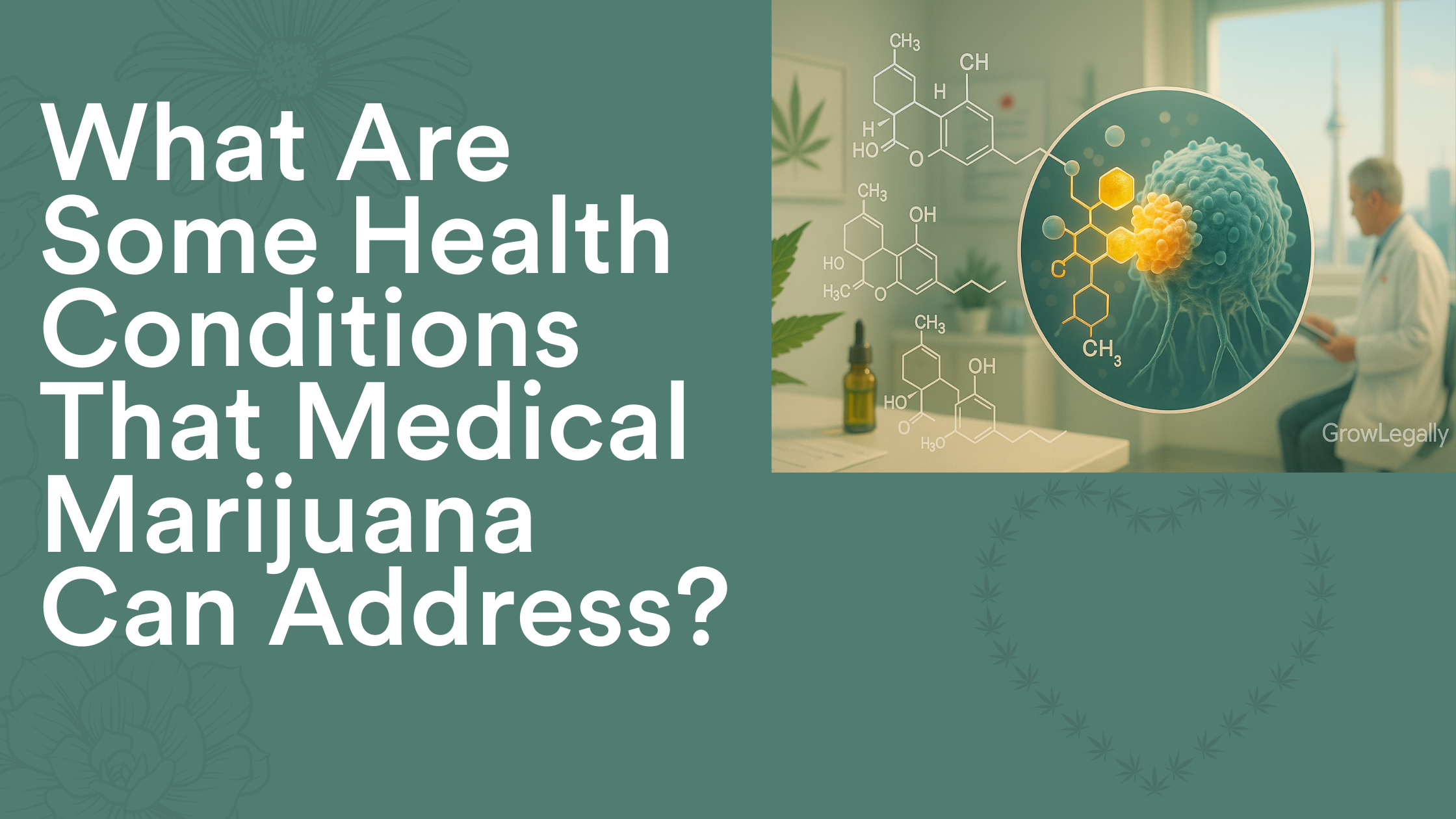
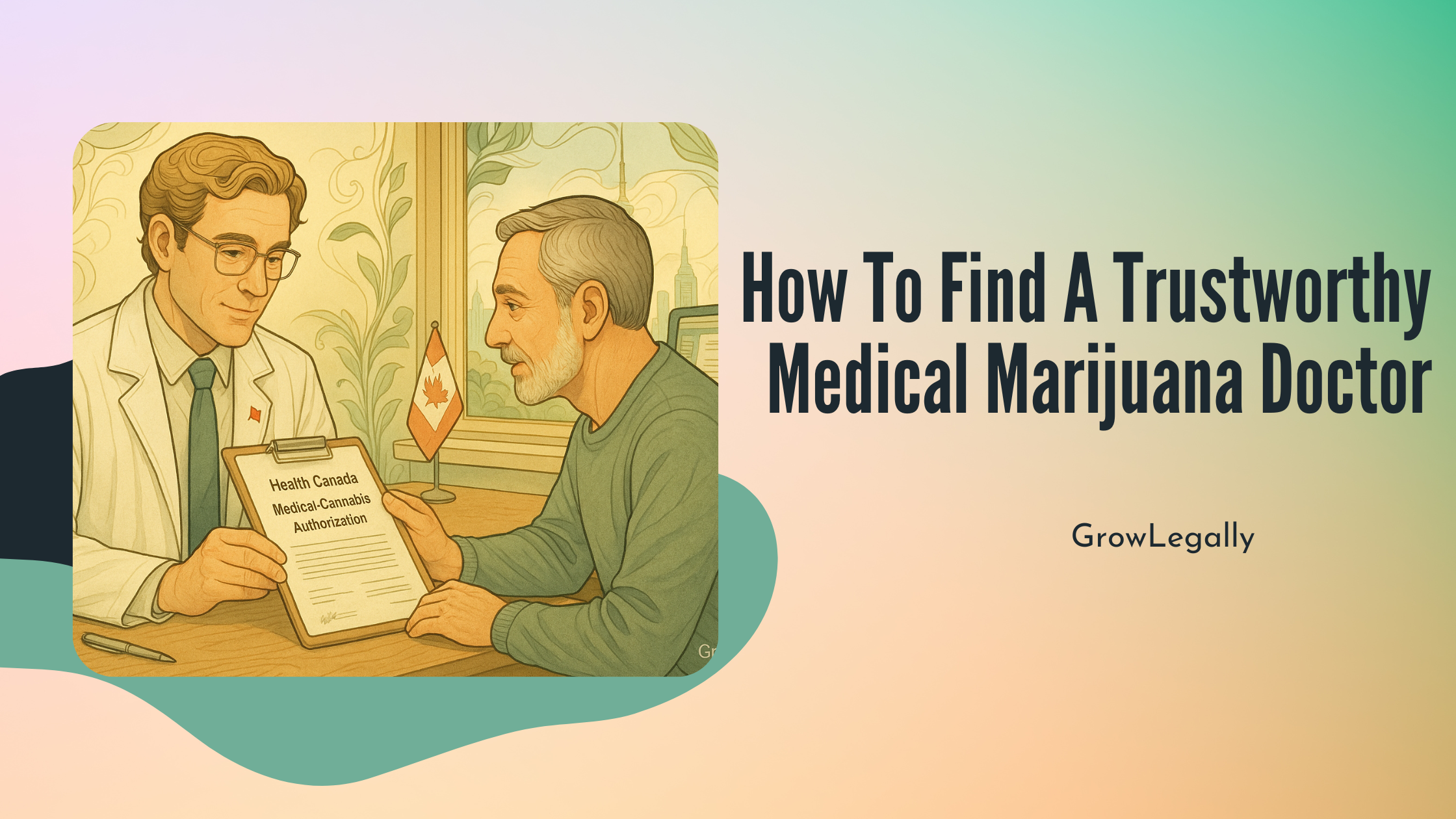

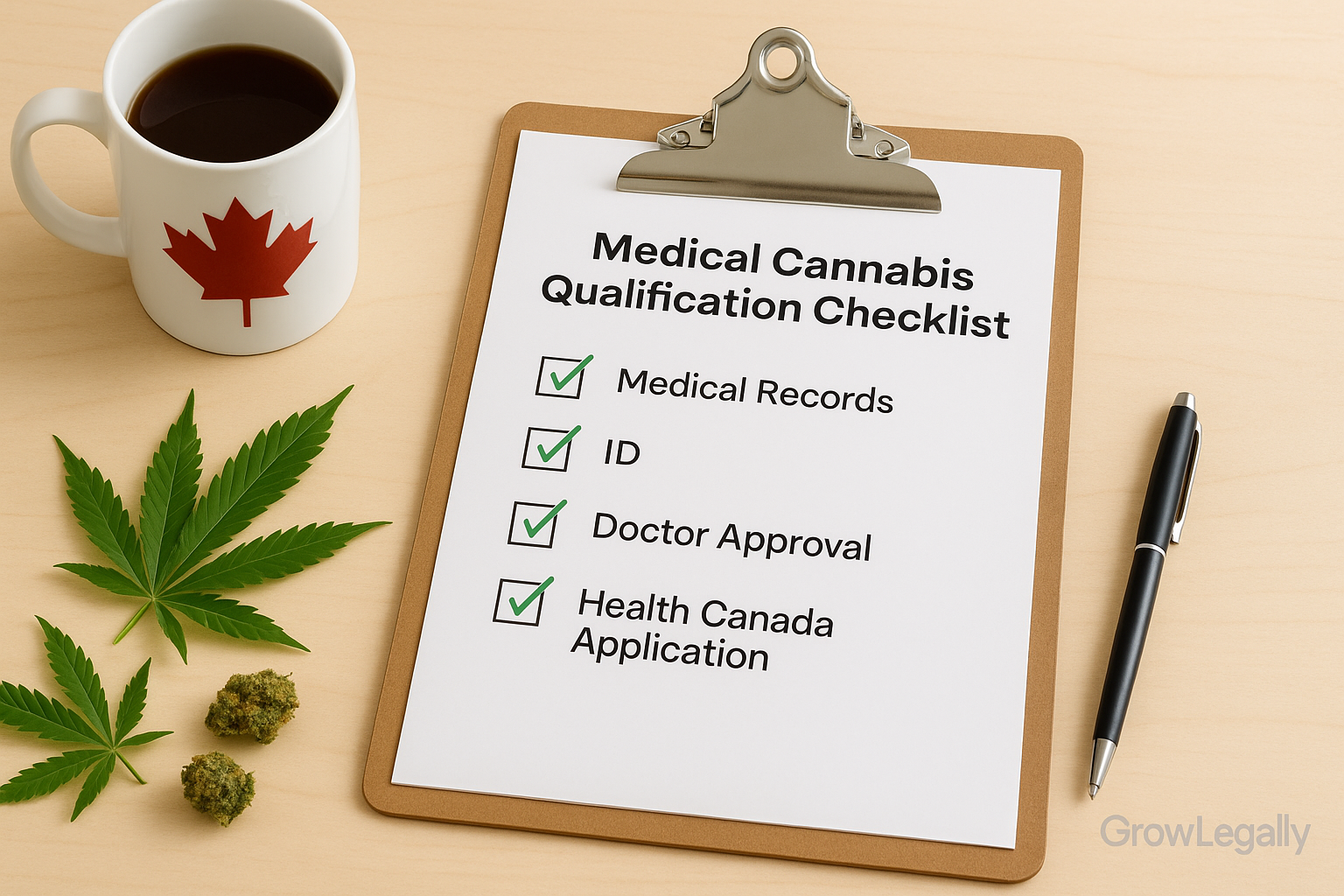
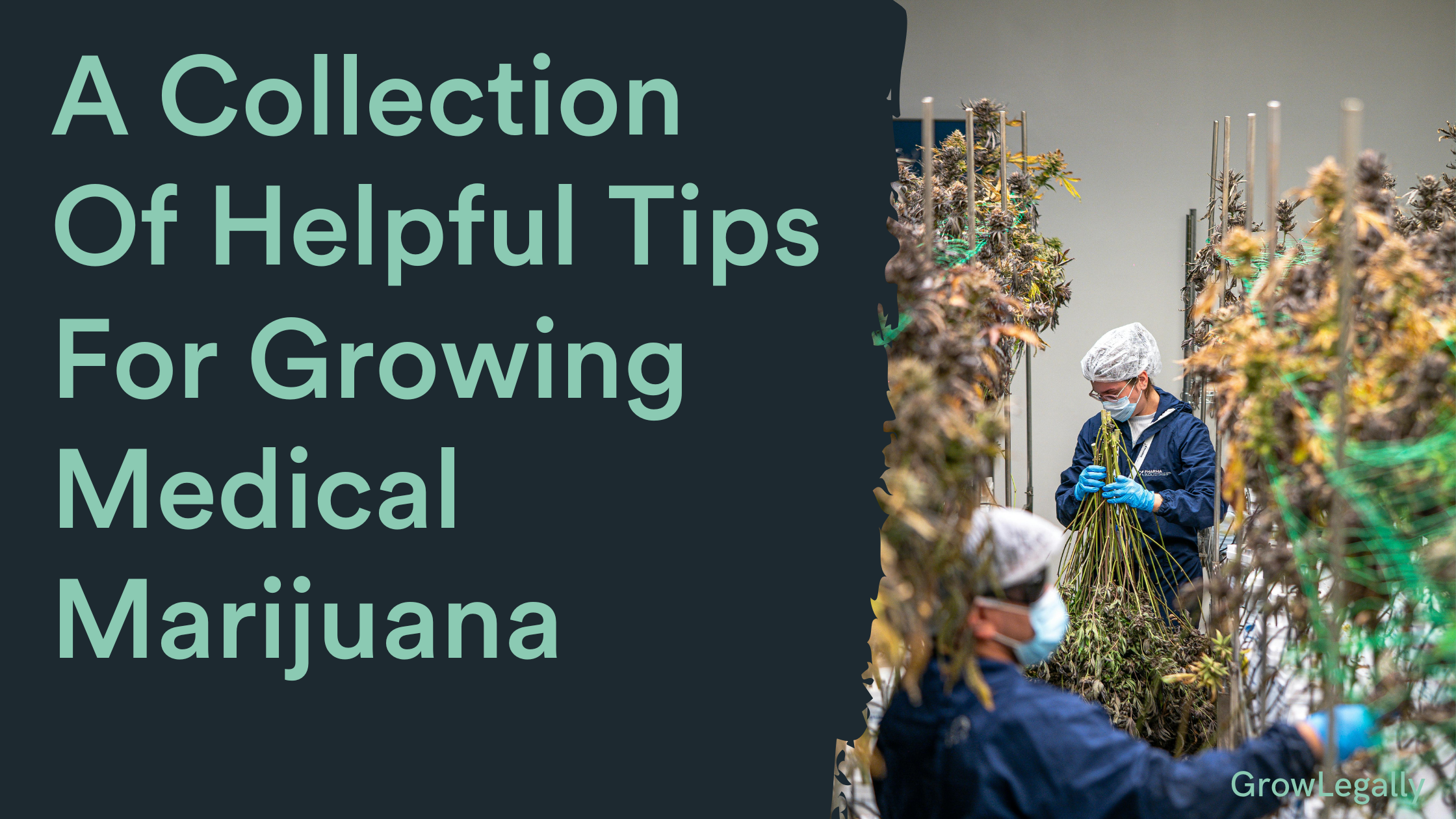
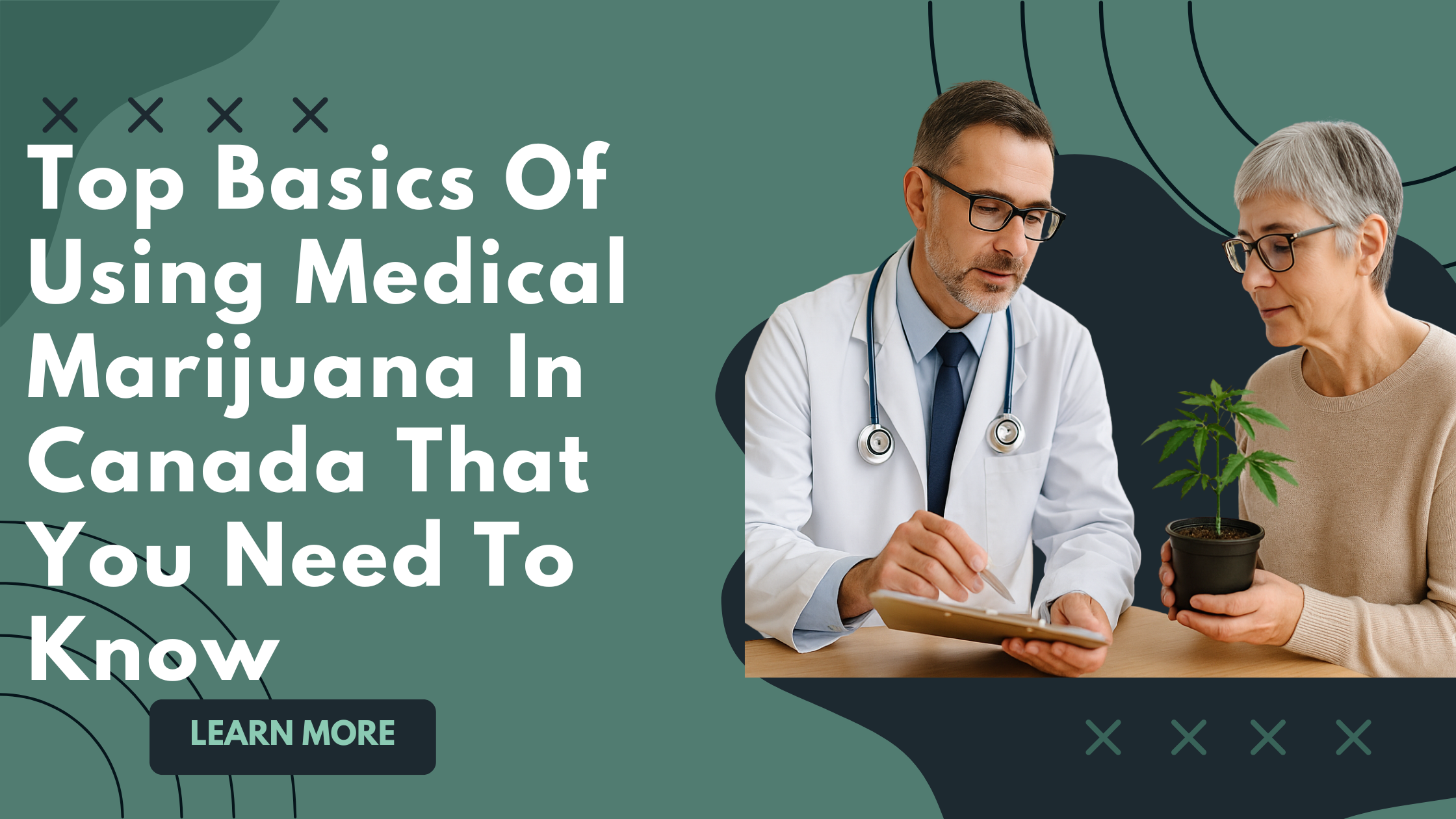
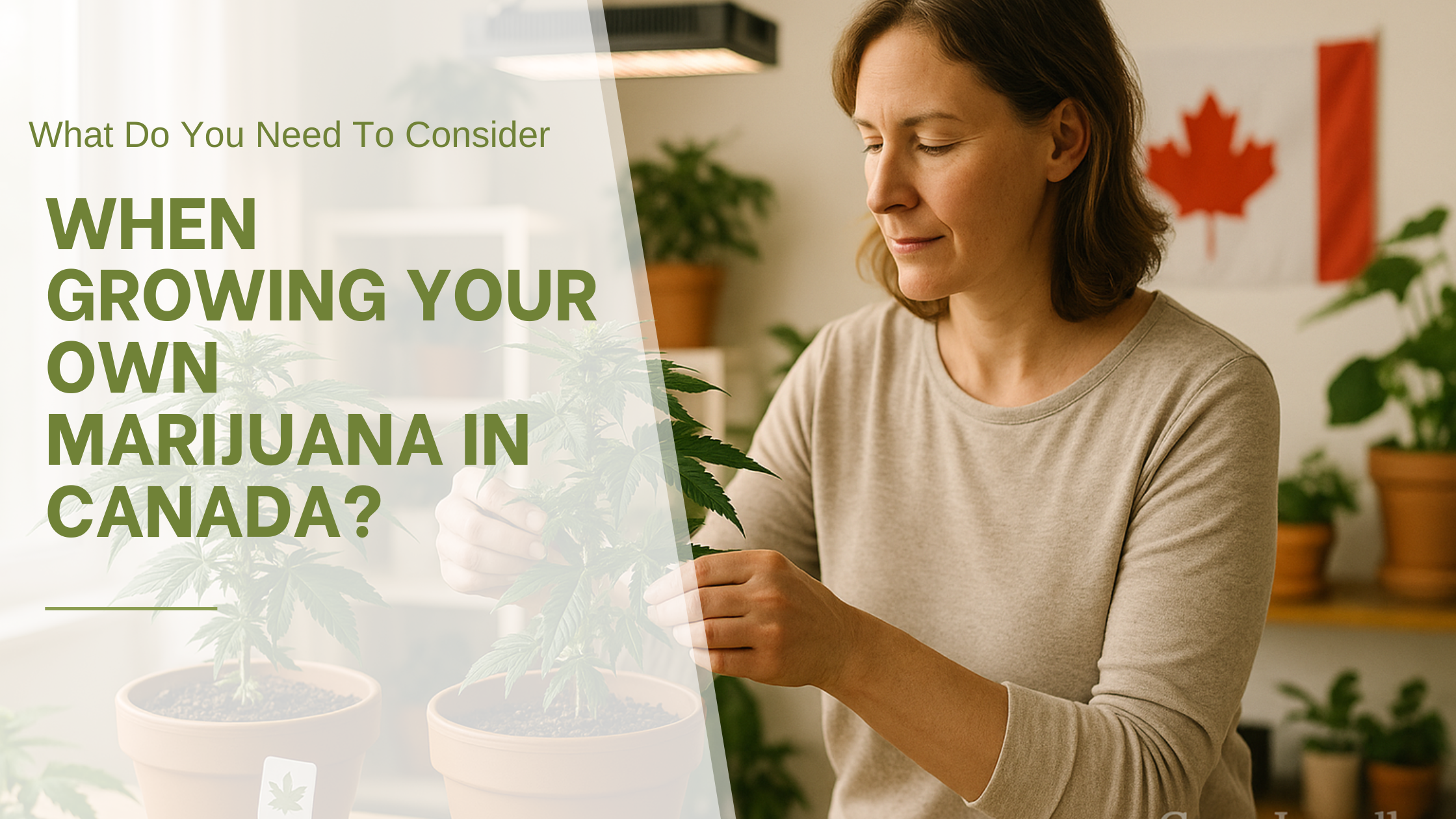


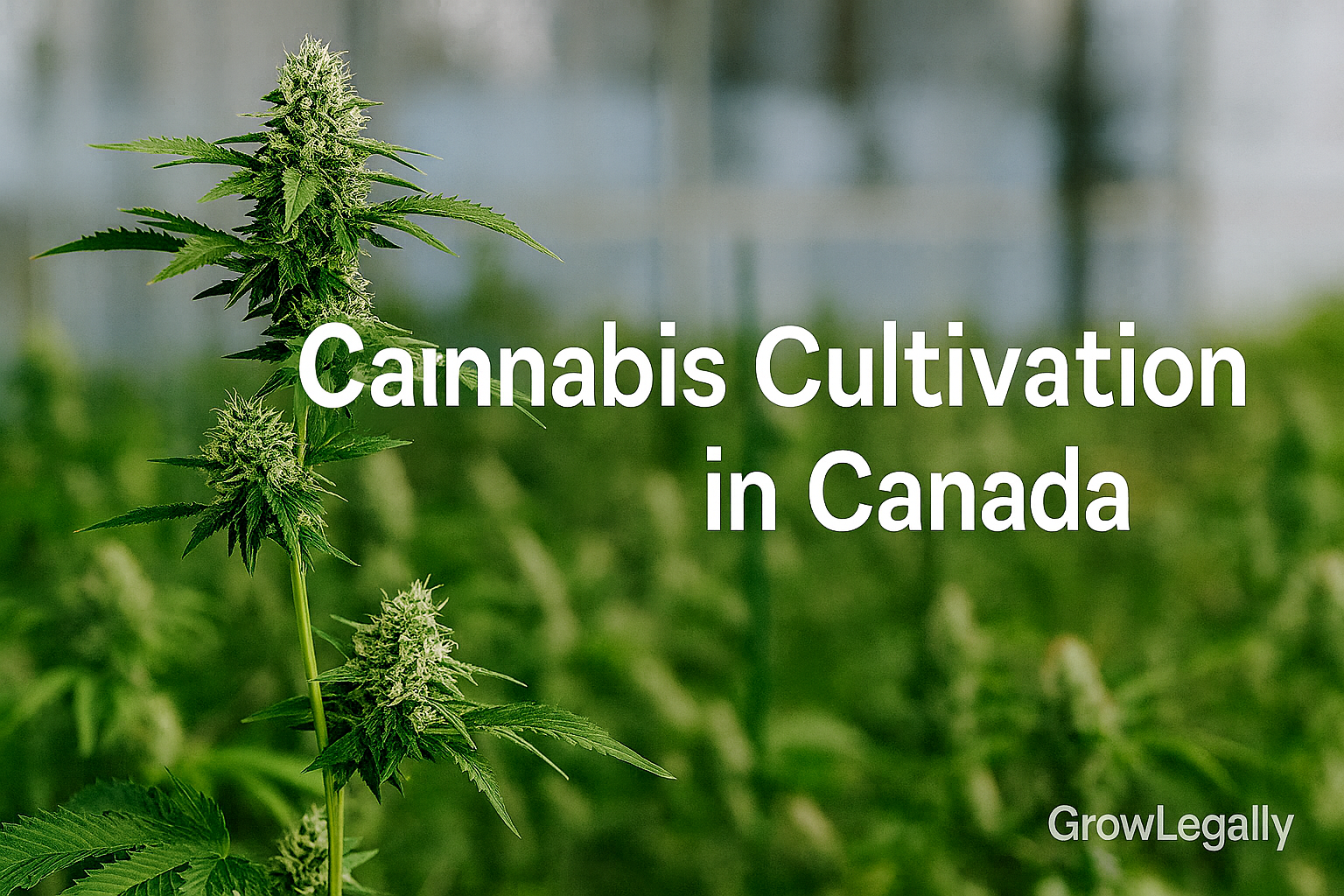
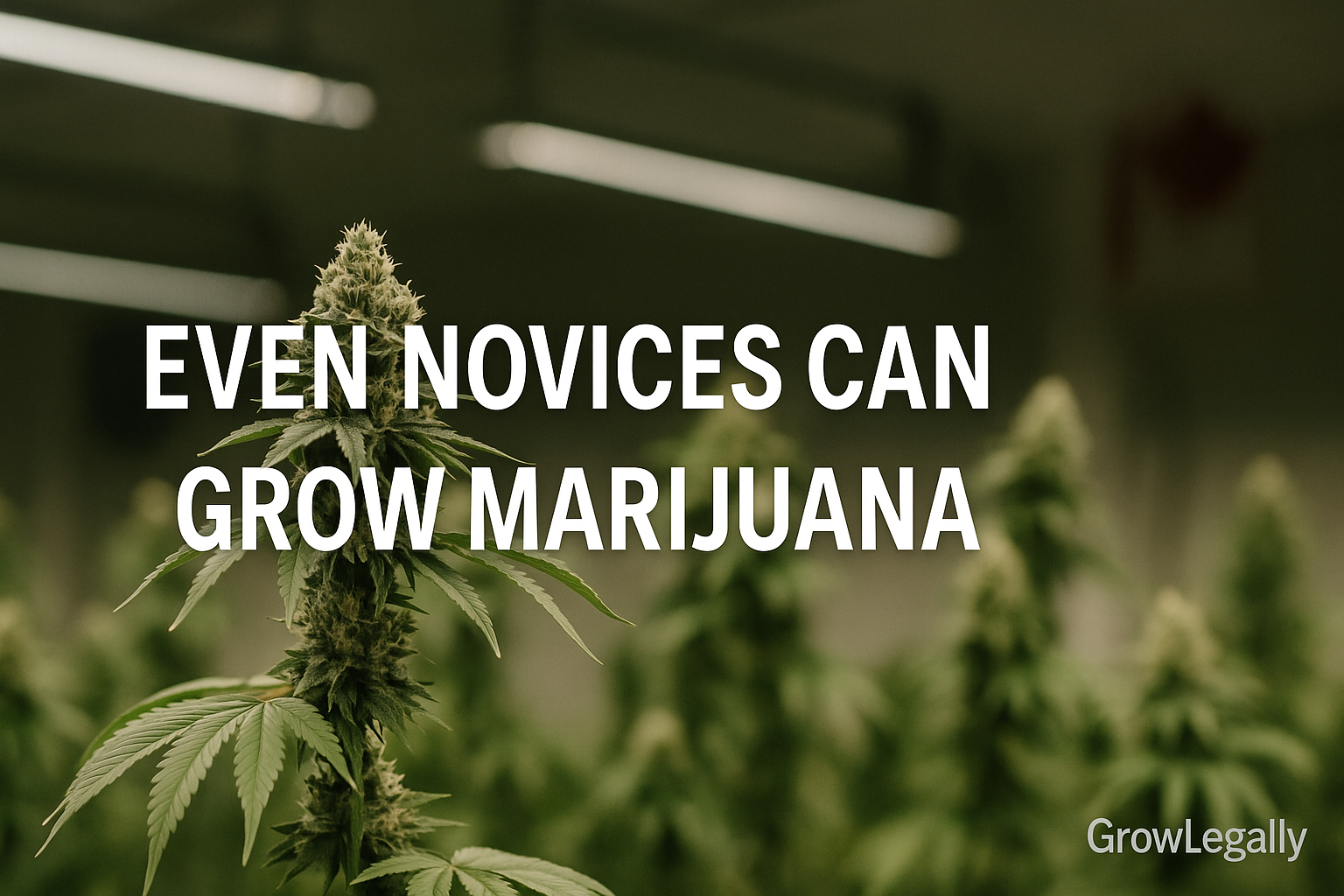


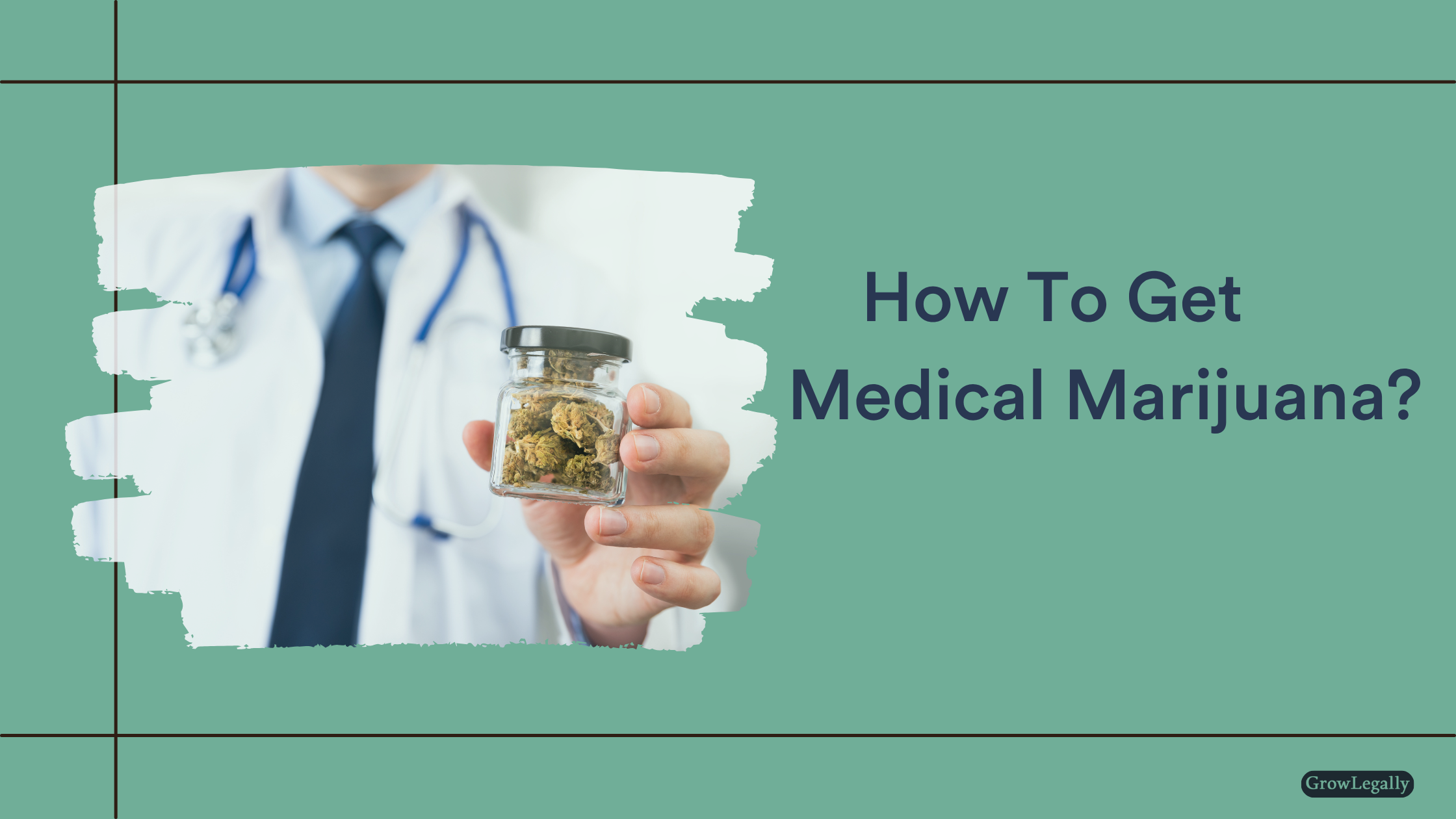

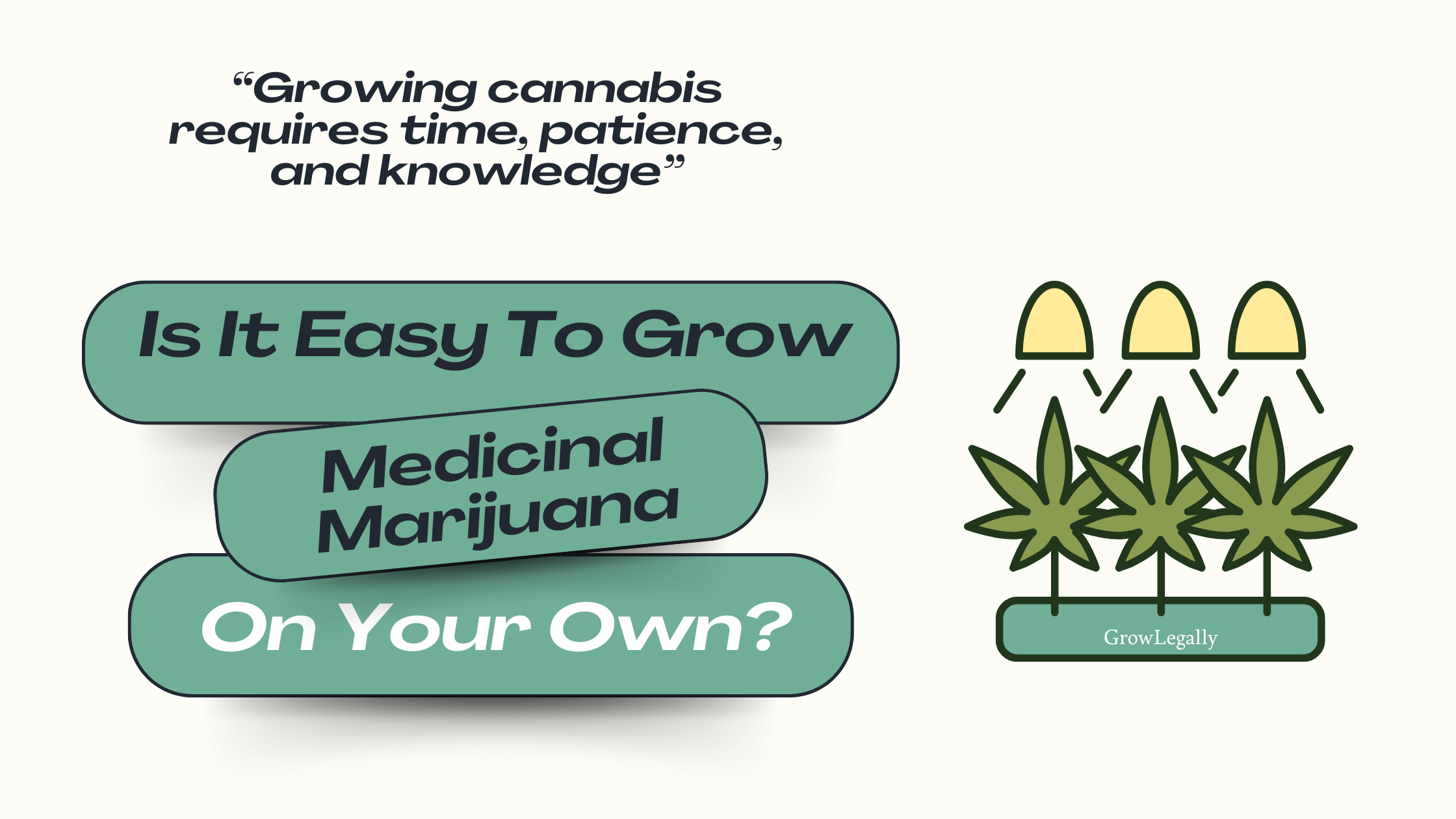
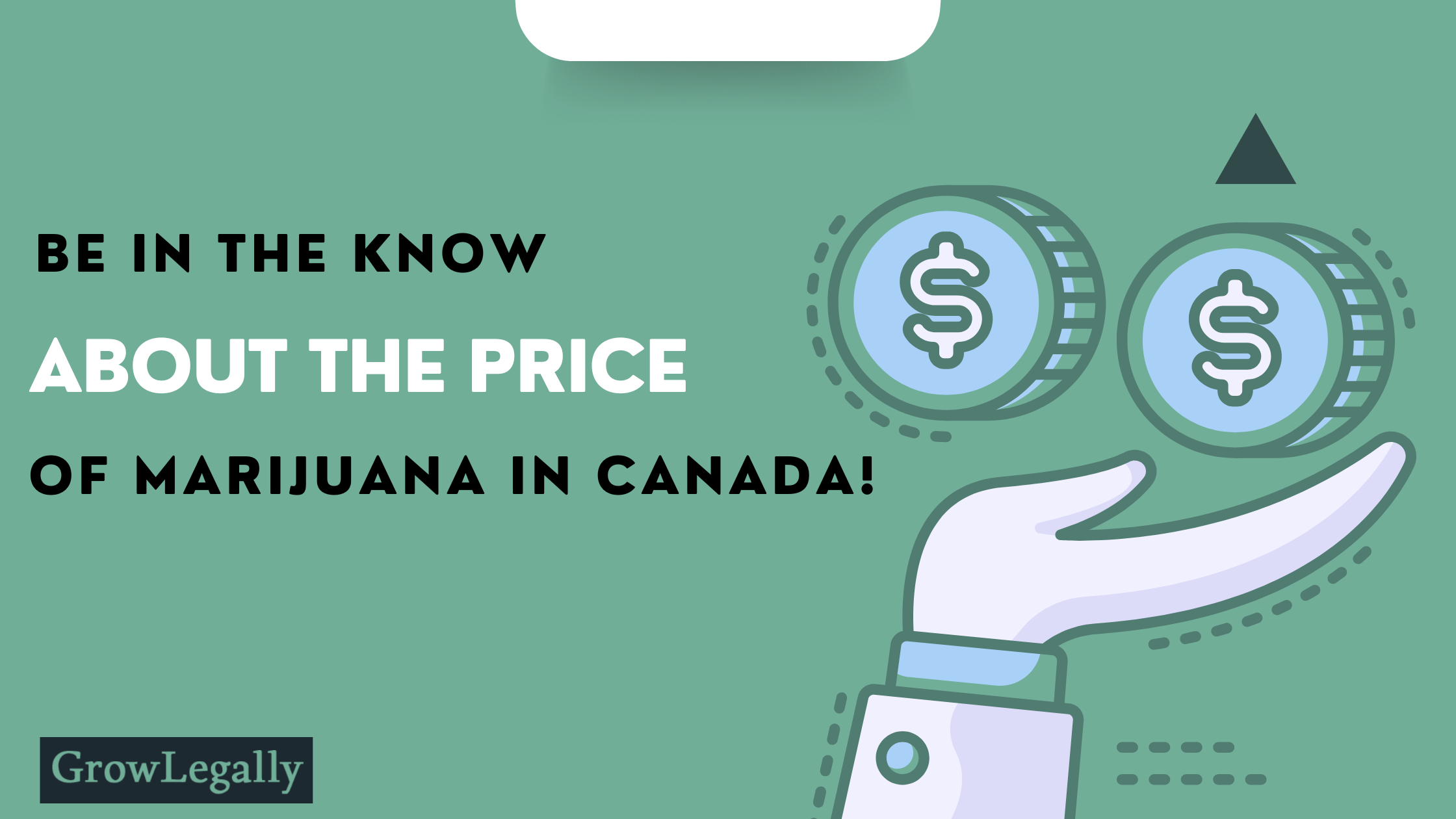





















.png)

















































.png)




























